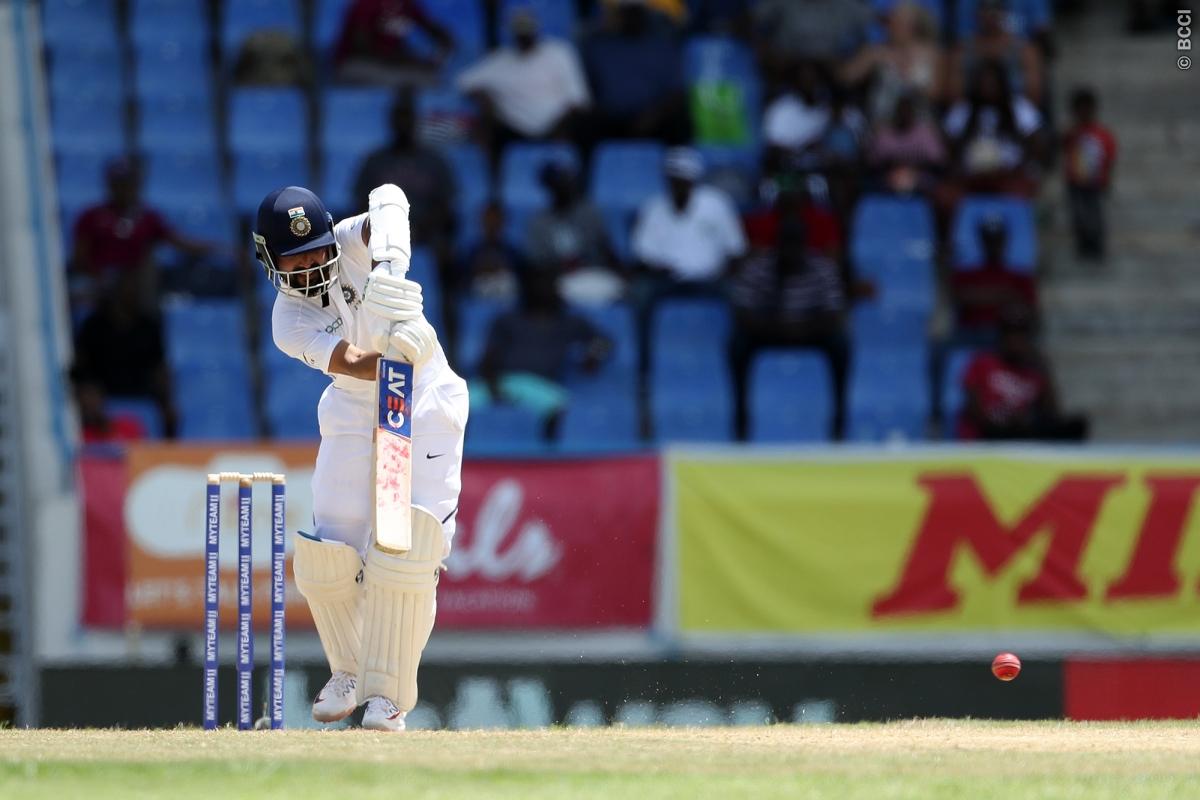IND vs AUS | India have been incompetent of late when the ball has swung, notes Sanjay Manjrekar
Renowned expert Sanjay Manjrekar has expressed his concern over India’s woes against swing bowling and has pointed out how the team has failed in daunting conditions now for six innings running. Manjrekar believes given India’s power, they need to do better and set a benchmark for the whole world.

After entering Day 3 of the Adelaide Test well in front, three hours was all it took for the Indians to exit the ground as losers as the batsmen were bundled out for the lowest score in the country’s history, 36. This came on the back of a mini-collapse in the first innings, where the visitors posted 244, and similar no-showings ensued in the previous tour of New Zealand, where team India failed to cross the 250-run mark in each of the four innings they batted.
On Saturday skipper Virat Kohli played down the collapse and claimed that there was no reason to hit the panic button, but now cricketer-turned-commentator Sanjay Manjrekar has disagreed. Manjrekar noted that there is a pattern developing which suggests that India are incompetent against swing, and expressed that he expects more from a nation which is not only wealthy, but also has the biggest fan following in the world.
“It’s important to not look at 36 in isolation but at 165, 191,242,124, 244, and then at it. These are team totals in their last three Tests (two in New Zealand) when the ball moved. This is all India could muster, and they lost all three. So, 36 as a low score may be an aberration, but of late India have been incompetent as a batting unit when the ball has swung or seamed,” Manjrekar wrote in his column for Hindustan Times.
“Like most other countries, India too have an issue when the ball swings. But with all that’s going for Indian cricket in terms of wealth/finance, fan following and years at the highest level, more is expected. India need to set a benchmark for excellence in all formats, like West Indies and Australia did in the past.”
Two batsmen who have come under scrutiny for their rather odd techniques have been openers Prithvi Shaw and Mayank Agarwal, both of whom have an ‘in-your-face’ high backlift. As pointed out by the Fox commentators on Day 3, there is a suspicion that this high back-lift of theirs is subsequently leading to their downfall, often leaving them vulnerable to the ones that seam back in. Manjrekar claimed the two need not fret, but advised them to work on their technique in order to put bat on ball before it’s too late.
“Shaw was gone the day before, carrying bad form into both innings. His issue for now is his high back lift. The bat seems to be coming down late on the ball; however quick any one is bowling, when batting at the highest level the bat must be down and ready to meet the ball.
“This is not happening with Shaw; also sometimes with Mayank Agarwal, who did not seem to have this problem the last time when he debuted in Australia. His back lift may have got slightly higher this time.
“They need not fret though. Many a successful Test batsmen have had high back lifts. Shaw’s is exactly like Lara’s. Both openers need to work on their timing, not of hitting the ball but bringing their bats down before the ball arrives.”
Manjrekar, however, observed that India’s woes on Saturday was a microcosm of a bigger issue that’s haunting modern-day batsmen. The 55-year-old believes that T20 cricket could be tampering with the technique and temperament of batters, and he feels there is no longer any incentive for batsmen to play the patience game.
“India is not the only team to have been in such a situation in recent times. It just proves that one is only a product of the environment. Not just in Tests, the quality of defensive batting has gone down drastically, the fallout of a cricket landscape with three formats.
“Considering the rewards they get from playing Tests (the toughest format to master) and the sheer number of T20s and ODIs in a year, how much time are batsmen devoting to master Test batting nuances like playing with a dead bat close to the body, watching the ball till the last fraction of a second or letting balls go outside off?
“Will defensive batting get better or the ability to cope with the moving ball get better? I doubt it. Why? Well, what’s the incentive?”

Comments
Sign up or log in to your account to leave comments and reactions
0 Comments